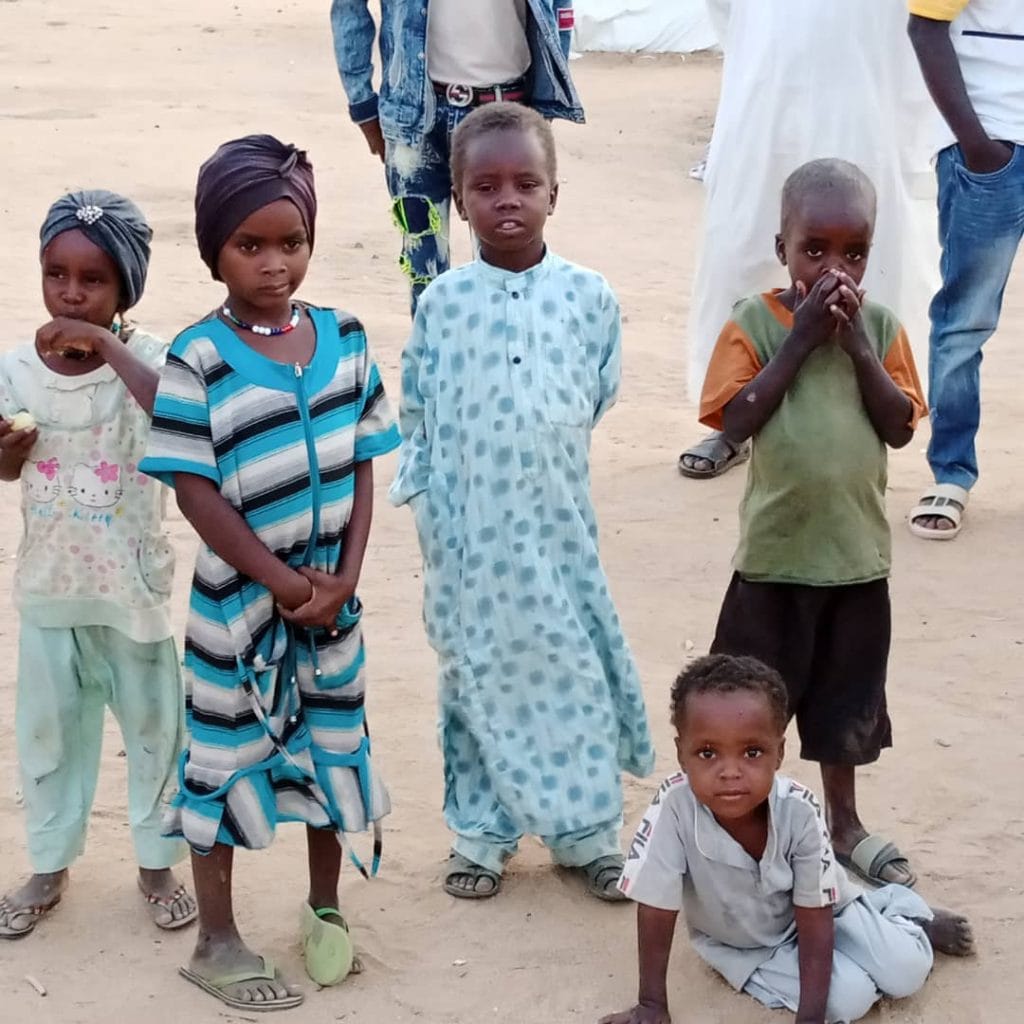The General Coordination for Displaced Persons and Refugees said that two-thirds of Sudan’s population now requires urgent humanitarian assistance — whether in displacement camps or within host communities in rural areas, villages, and nomadic regions.
According to the group, Tawila camp has received more than 1 million people since the war between the Sudanese army and the paramilitary Rapid Support Forces (RSF) erupted on April 15, 2023.
Recent fighting in El-Fasher, the capital of North Darfur, triggered a massive influx of “hundreds of thousands” of newly displaced people who arrived in the camp in desperate condition, facing hunger, injuries, and extreme hardship.
New field data from the group highlighted the scale of the crisis:
• 1,700 children suffering from acute malnutrition
• 3,600 elderly people experiencing severe malnutrition
• 1,600 cases of gender-based violence
• 3,100 people wounded by gunfire
• Over 7 million people displaced across Darfur in total
The organization warned that conditions in Tawila and across the Darfur region “are rapidly deteriorating” as violence intensifies and humanitarian needs surge.
Meanwhile, the Sudan Doctors Network reported that 23 children died from acute malnutrition last month in Dilling and Kadugli in South Kordofan, blaming the deaths on an RSF blockade that has cut off food, medicine, and other essential supplies to the region.
Earlier this month, the UN-backed Integrated Food Security Phase Classification (IPC) confirmed famine in the war-hit city of El-Fasher and in the besieged town of Kadugli.
On Oct. 26, the RSF seized control of El-Fasher and committed massacres of civilians, according to local and international groups, prompting warnings that the assault could deepen Sudan’s de facto territorial partition.
Sudan’s war — now in its third year — has killed thousands and displaced millions, with regional and international mediation efforts failing to bring an end to the conflict.



